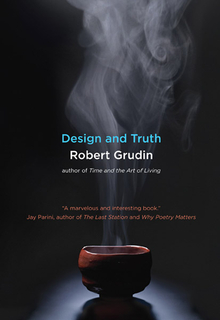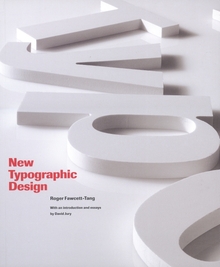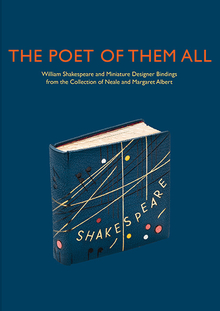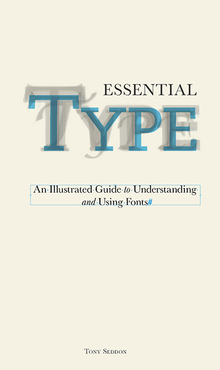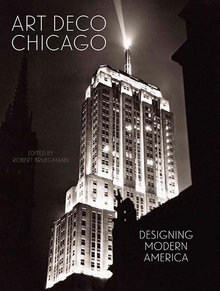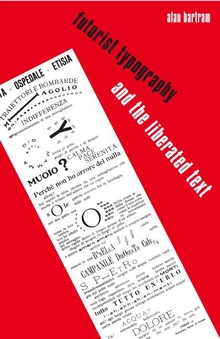Design and Truth
WARNING
You are viewing an older version of the Yalebooks website. Please visit out new website with more updated information and a better user experience: https://www.yalebooks.com
Robert Grudin
A profound meditation on how design reflects the uses and abuses of power from the Pulitzer Prize-nominated author of Time and the Art of Living
“If good design tells the truth,” writes Robert Grudin in this path-breaking book on esthetics and authority, “poor design tells a lie, a lie usually related . . . to the getting or abusing of power.”
From the ornate cathedrals of Renaissance Europe to the much-maligned Ford Edsel of the late 1950s, all products of human design communicate much more than their mere intended functions. Design holds both psychological and moral power over us, and these forces may be manipulated, however subtly, to surprising effect. In an argument that touches upon subjects as seemingly unrelated as the Japanese tea ceremony, Italian mannerist painting, and Thomas Jefferson’s Monticello plantation, Grudin turns his attention to the role of design in our daily lives, focusing especially on how political and economic powers impress themselves on us through the built environment.
Although architects and designers will find valuable insights here, Grudin’s intended audience is not exclusively the trained expert but all those who use designs and live within them every day.
“At a time when ethics and integrity are increasingly important in design, Grudin’s perspective is particularly interesting. . . . To him, design is--or should be--joyous, inclusive and empowering, ‘an erotic pragmatism’ which is ‘fundamental to the survival of our humanity.’ ”--Alice Rawsthorn,
“I love the way this book ranges widely. The author’s mind is wonderfully free and his associations interesting and sometimes profound…a marvelous and interesting book.” —Jay Parini, author of The Last Station and Why Poetry Matters
"A delightful intellectual romp through the humanities— at times colloquial and frisky, at times scholarly and serious— all under the rubric of that focused passion called Design!" —Yi-Fu Tuan, University of Wisconsin
“
“A must-read book.”
--Qompendium Magazine, featured book“Grudin's call for a moral design holds appeal, inasmuch as it claims that user-centered design is the only kind of design that keeps us honest.”--Mandy Brown, Barnes & Noble Review
Publication Date: May 31, 2011
5 b/w + 8 color illus.

